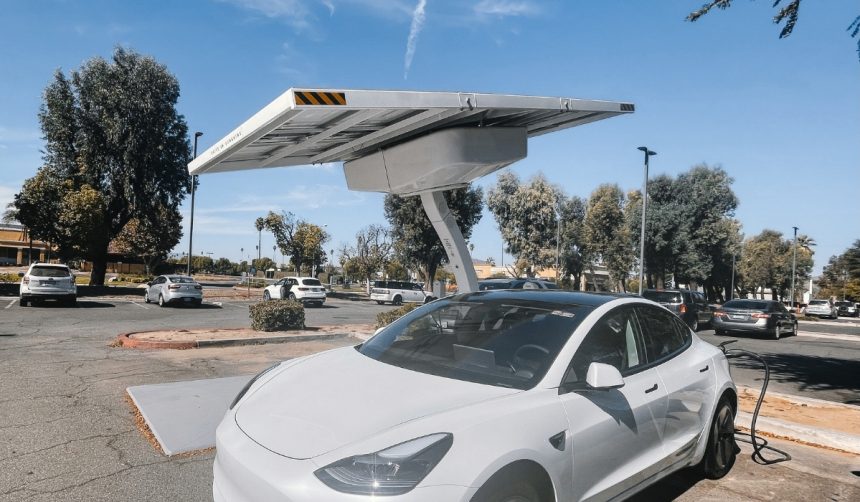Electric vehicles have long been at the center of debates around taxation and green policies in the United Kingdom. Recent concerns have brought the so-called “Tesla Tax”—an additional expense for vehicles retailing above £40,000—into question, with both consumers and manufacturers highlighting its impact on the electric vehicle market. The looming regulatory decisions have become a point of focus, as stakeholders evaluate the policy’s influence on meeting environmental targets, shifting consumer trends, and market dynamics. With sales of premium EVs under pressure, the UK government faces increasing pressure to adjust or remove the tax in an effort to support a crucial transition towards cleaner transportation.
Discussions around the Expensive Car Supplement trace back to its original application to internal combustion engine vehicles starting in 2017, but the extension to electric vehicles from April 2025 marks a significant change. While earlier expectations suggested that EVs would benefit from tax exemptions to encourage their adoption, the recent shift has stirred industry frustration. Past reports have indicated surges in EV popularity due to government incentives, yet the current slowdown in sales signals a shift in consumer sentiment that may be influenced by evolving fiscal policies and perceived value. The situation highlights how tax strategy can significantly affect automotive trends and climate initiatives.
Policy Shift Raises Industry and Government Concerns
The Decision to include new electric vehicles in the Expensive Car Supplement starting April 2025 came as an attempt to ensure fairness across vehicle categories. However, automakers argue that the policy now presents barriers to achieving the legal green vehicle sales mandates. Should targets be missed, companies face the possibility of substantial penalties amounting to millions or billions of dollars. As the government reviews its stance, leaked correspondence reveals authorities preparing to reconsider the policy, possibly raising the qualifying price threshold or discontinuing the tax for zero-emission models altogether.
How Do Manufacturers and Lawmakers Respond?
Automotive companies provided feedback asserting that adjusting the tax would make compliance more feasible. Retailers have described current sales goals under the current tax structure as “unrealistic.” Meanwhile, UK officials, including Lib Dem MP Ben Maguire, acknowledged conditions in which amendments may be introduced:
“We will consider raising the threshold for zero-emission cars only at a future fiscal event to make it easier to buy electric cars.”
This sentiment is echoed by retailers seeking regulatory flexibility.
What Other Challenges Affect EV Adoption?
Beyond taxation, stakeholders identify other major hurdles limiting electric vehicle adoption, such as upfront cost, reduced incentives, and insufficient public charging infrastructure. One company pointed to these combined factors, which continue to deter a significant proportion of consumers from switching to electric vehicles. Adjustments to fiscal policy are therefore seen as one of several necessary steps to stimulate EV demand.
Analyzing the wider policy environment, earlier governmental support for EVs was lauded for encouraging rapid uptake, aided by incentives and favorable tax treatment. However, revised approaches—including the application of traditional taxes to electric vehicles—have coincided with a palpable deceleration in market growth. The diverging trajectory suggests that while earlier decisions bolstered EV sales, any move that narrows incentives may risk stagnating or even reversing progress, especially as infrastructure and cost barriers persist. Public scrutiny and industry feedback play crucial roles in shaping the next phase of EV policy for the UK.
The evolving debate underscores the complexity of fostering a robust electric vehicle market through fiscal policy alone. Taxation structures, while designed for parity or revenue, can unintentionally inhibit sectors in need of support, particularly during critical growth phases. As policymakers consider adjustments to measures like the Tesla Tax, ongoing evaluation of real-world impacts—such as sales performance, consumer affordability, and infrastructure preparedness—will remain essential. For consumers and industry players alike, transparent policy direction and continued investment in support infrastructure are key factors in achieving sustainable EV adoption. Staying informed on the effect of tax regimes and remaining adaptable to market challenges will benefit stakeholders as electric mobility continues its development in the UK.










